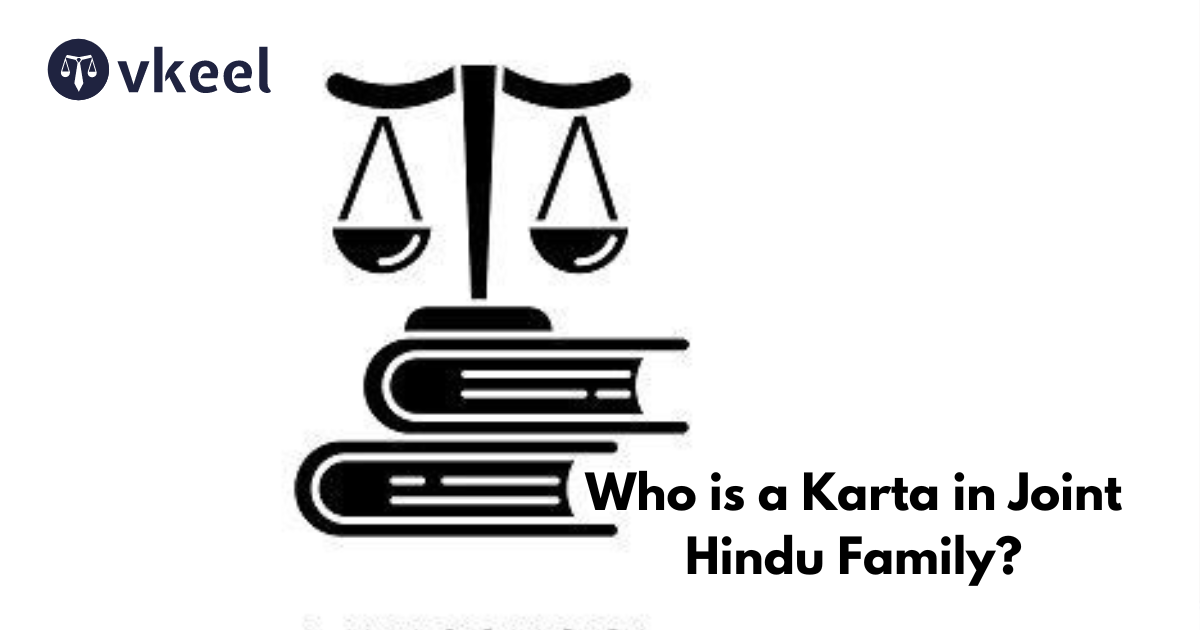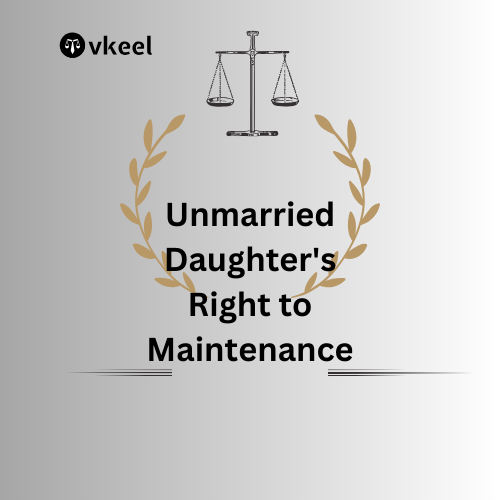Child Custody Disputes in the Context of International Relocation: An Analysis of Indian Laws
By Himanshu Kumar
Table of Contents
Introduction
Child custody disputes are among the most sensitive issues in family law, often involving complex emotions and legal challenges. When these disputes occur in the context of international relocation, they become even more complicated. The prospect of one parent moving to another country with the child can have significant implications for the child’s well-being and the rights of the parents. In India, the legal framework governing child custody and international relocation has evolved through various judicial pronouncements and legislative amendments.
The primary reason for child custody disputes in India often stems from the breakdown of marital relationships, particularly in cases of divorce or separation. When parents decide to part ways, determining who will have the legal right to care for and make decisions on behalf of the child becomes a contentious issue. In such situations, both parents may seek custody, either out of genuine concern for the child’s welfare or as a means to assert control over the other parent. These disputes are further complicated by the involvement of extended families, cultural expectations, and societal pressures, all of which can influence the outcome of the custody battle.
Another significant factor contributing to child custody disputes in India is the increasing occurrence of international marriages and relationships. As more Indian citizens marry or partner with individuals from other countries, cross-border custody disputes have become more common. These cases are particularly complex due to differences in legal systems, cultural practices, and the logistical challenges of maintaining relationships across long distances. In many instances, one parent may wish to relocate abroad with the child, while the other parent opposes the move, fearing the loss of contact or influence over the child’s upbringing. These disputes highlight the need for a nuanced legal approach that considers the child’s best interests in the context of an increasingly globalized world.
Legal Framework for Child Custody in India
The primary statutes governing child custody in India are the Hindu Minority and Guardianship Act, 1956 (HMGA), the Guardian and Wards Act, 1890 (GWA), and the Indian Divorce Act, 1869. These laws, read in conjunction with the Code of Civil Procedure, 1908, and various judicial precedents, form the basis for determining custody matters.
Hindu Minority and Guardianship Act, 1956 (HMGA):
- Under the HMGA, the welfare of the child is the paramount consideration in deciding custody. Section 13 of the Act explicitly states that the welfare of the minor shall be the primary consideration, and no person shall be appointed or declared to be the guardian of a minor if the court is of the opinion that it will not be for the welfare of the minor.
Guardian and Wards Act, 1890 (GWA):
- The GWA is a secular law that applies to all religions. It provides the procedure for appointing a guardian for a minor. Section 17 of the Act outlines the factors that the court must consider, including the age, sex, and religion of the minor, as well as the character and capacity of the proposed guardian. The Act emphasizes the welfare of the child as the primary consideration.
Indian Divorce Act, 1869:
- This Act governs custody matters among Christians. Section 41 of the Act empowers the court to make orders regarding the custody, maintenance, and education of minor children, taking into account the welfare of the child.
International Relocation in Custody Disputes
International relocation in the context of child custody involves one parent seeking to move to another country with the child, often against the wishes of the other parent. This situation presents unique challenges, as it involves balancing the custodial parent’s right to relocate with the non-custodial parent’s right to maintain a relationship with the child.
Key Judicial Pronouncements:
- Sarita Sharma v. Sushil Sharma (2000):
- In this landmark case, the Supreme Court of India dealt with the issue of international relocation. The mother, Sarita Sharma, had moved to the United States with the children without the father’s consent. The Supreme Court held that the welfare of the children is the paramount consideration and that the mother could not be held in contempt for relocating, as the children were well-settled in the U.S. However, the court also emphasized the importance of maintaining the father’s relationship with the children.
V. Ravi Chandran v. Union of India (2010):
- This case involved a dispute between an Indian father and a foreign mother regarding the custody of their child. The mother, who was a U.S. citizen, had taken the child to the United States. The Supreme Court emphasized that the welfare of the child is the paramount consideration and ordered the return of the child to the U.S., where the child was settled and attending school.
Shilpa Aggarwal v. Aviral Mittal (2010):
- In this case, the Supreme Court considered a situation where the mother sought to relocate to the United Kingdom with the child. The father opposed the relocation, arguing that it would harm his relationship with the child. The Supreme Court reiterated the principle of the child’s welfare being paramount and allowed the mother to relocate, subject to conditions that ensured the father could maintain contact with the child.
Prateek Gupta v. Shilpi Gupta (2018):
- This case highlighted the importance of the “welfare principle” in international child custody disputes. The Supreme Court allowed the mother to relocate to the United States with the child, noting that the child was settled and had been living in the U.S. for several years. The court also emphasized the need for the non-custodial parent to have reasonable access to the child.
Factors Considered by Courts in International Relocation Cases
When deciding on international relocation in child custody disputes, Indian courts consider several factors to ensure the welfare of the child. These factors include:
Welfare of the Child:
- The welfare of the child is the paramount consideration in any custody dispute. Courts assess the child’s best interests, including emotional, educational, and physical well-being. The stability of the child’s current environment and the potential impact of relocation on the child’s development are crucial considerations.
Rights of the Non-Custodial Parent:
- The court must balance the custodial parent’s right to relocate with the non-custodial parent’s right to maintain a relationship with the child. Courts often impose conditions to ensure that the non-custodial parent has reasonable access to the child, such as visitation rights and regular communication.
Child’s Opinion:
- Depending on the child’s age and maturity, the court may consider the child’s preference regarding relocation. While the child’s opinion is not determinative, it is an important factor in assessing the child’s best interests.
Impact on the Child’s Education:
- Courts consider the potential impact of relocation on the child’s education. This includes evaluating the quality of education available in the new location and the disruption to the child’s current schooling.
Cultural and Religious Considerations:
- Courts may also consider the cultural and religious background of the child and the potential impact of relocation on the child’s cultural and religious upbringing.
Economic Factors:
- The financial stability of the relocating parent and the availability of resources in the new location are also considered. Courts assess whether the relocating parent can provide for the child’s needs in the new country.
Legislative Amendments and the Need for Reform
While the current legal framework provides a robust mechanism for resolving child custody disputes involving international relocation, there is a growing need for legislative amendments to address emerging challenges.
The Hague Convention on International Child Abduction:
- India is not a signatory to the Hague Convention on the Civil Aspects of International Child Abduction, which provides a mechanism for the prompt return of children wrongfully removed to or retained in a contracting state. There have been ongoing debates about the need for India to accede to the Convention to address cross-border child abduction cases more effectively.
Uniform Civil Code (UCC):
- The introduction of a Uniform Civil Code, as envisaged by Article 44 of the Indian Constitution, could provide a uniform legal framework for resolving child custody disputes across different religious communities. This would help in addressing inconsistencies in the application of custody laws and ensure that the child’s welfare remains the paramount consideration.
Mediation and Alternative Dispute Resolution (ADR):
- Legislative reforms promoting mediation and alternative dispute resolution (ADR) mechanisms in child custody disputes could provide a more amicable and less adversarial approach to resolving conflicts. ADR mechanisms can help parents reach mutually acceptable agreements regarding international relocation, reducing the burden on courts and minimizing the emotional impact on children.
Conclusion
Child custody disputes involving international relocation are among the most challenging issues in family law. Indian courts have consistently emphasized the welfare of the child as the paramount consideration, balancing the rights of both parents while ensuring that the child’s best interests are protected. While judicial pronouncements have provided clarity on several aspects, there is a need for legislative reforms to address the evolving complexities of international custody disputes. Accession to the Hague Convention, the introduction of a Uniform Civil Code, and the promotion of mediation and ADR mechanisms are steps that could strengthen the legal framework and ensure that the welfare of children remains at the forefront of custody decisions.
Disclaimer:
The information provided in the article is for general informational purposes only, and is not intended to constitute legal advice or to be relied upon as a substitute for legal advice. Furthermore, any information contained in the article is not guaranteed to be current, complete or accurate. If you require legal advice or representation, you should contact an attorney or law firm directly. We are not responsible for any damages resulting from any reliance on the content of this website.










